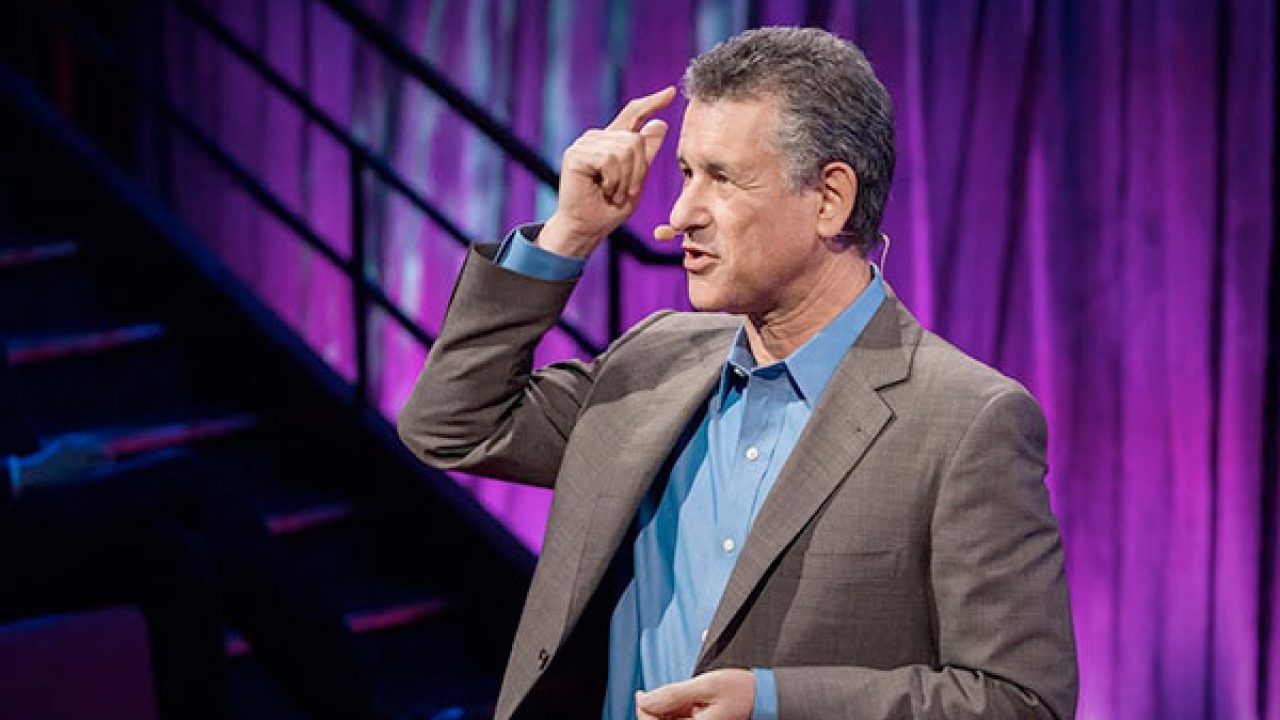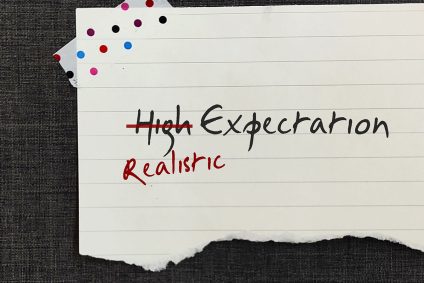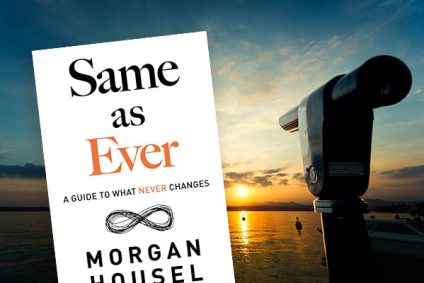
Stress can be hard enough when a difficult situation hits us unexpectedly. Yet when it comes by surprise, it can debilitate us if we are not careful. In his insightful Ted Talk, cognitive psychologist Daniel Levitin offers some helpful ideas to combat premeditated stress drawing upon some real-life examples.
How To Be Calm When You Know You’ll Be Stressed begins with a (somewhat) amusing story about how Daniel once had to break into his own house. He was cold outside, without keys and in the dark. He resorted to smashing the window and taping it up with cardboard afterwards. During this whole experience, Daniel’s brain was releasing cortisol – raising his heart rate and clouding his thinking. It prompted him to explore how to minimise bad experiences. Also, how to handle those experiences which cannot be avoided.
“There’s perhaps no more stressful a situation than when you’re confronted with a medical decision to make. And at some point, all of us are going to be in that position.”
Daniel offers some helpful ideas to minimise difficult situations. For instance, for items that are likely to get lost (e.g. keys), designate a place for them in your home. This is backed up by scientific data which reveals how our spatial memory works. When travelling, take a picture on your smartphone of your credit cards, passport and other documents which you need – and, which could get lost. Putting systems like these in place helps you stay calm if stress does arrive, since you have a backup plan.
One of the hardest situations to deal with is a doctor’s appointment which could (or will) contain bad news. How do you handle the stress? Daniel suggests that we write questions, ahead of time, to ensure that the conversation with the doctor is most productive. Ask yourself some important questions too – e.g. do you want a shorter life that’s pain-free or a longer life that might have a great deal of pain towards the end? Thinking through these questions in a calmer, quieter moment by yourself is usually easier when they are foisted upon you in the moment – when cortisol is likely to cloud your judgement.
Daniel’s talk is helpful in that it encourages us to engage in proactive thinking and decision-making, preparing for stressful situations in advance. The insights are grounded in neuroscience and in his personal experience. The pre-mortem concept has a wide potential application to various aspects of life such as school exams, medical appointments and international travel.
We commend this great Ted Talk to you!




